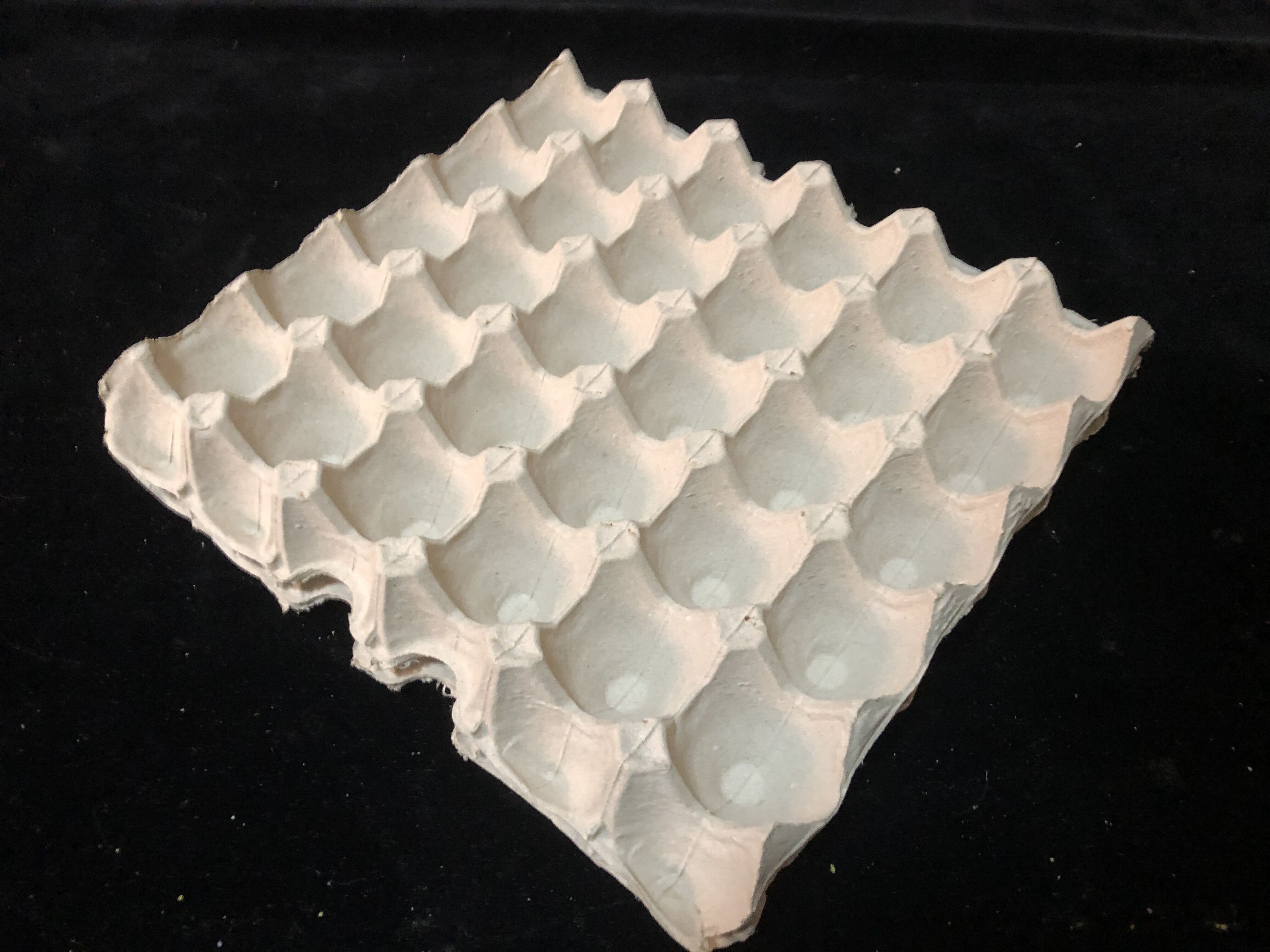Innovative Automatic Chicken Cage Systems for Enhanced Broiler Production Efficiency and Welfare Standards
Aug . 15, 2024 18:17 Back to list
Innovative Automatic Chicken Cage Systems for Enhanced Broiler Production Efficiency and Welfare Standards
The Evolution and Benefits of Automatic Broiler Chicken Cages
In recent years, the poultry industry has witnessed a remarkable transformation, primarily driven by advances in technology and an increasing demand for efficient food production. One of the most significant innovations to emerge from this evolution is the automatic broiler chicken cage. This revolutionary system is designed to improve the welfare of chickens while maximizing the efficiency and productivity of poultry farming.
Automatic broiler chicken cages are designed to provide optimal living conditions for poultry. These cages are equipped with advanced features that automate several aspects of chicken rearing, including feeding, watering, and waste management. With the click of a button, farmers can control the distribution of feed and water throughout the cages, ensuring that every chicken has access to essential resources without the need for manual labor. This automation not only reduces the workload for farmers but also significantly decreases the chances of human error in feeding and watering processes.
One of the most compelling benefits of using automatic broiler chicken cages is the enhanced living conditions for the chickens. These cages are designed to promote better air circulation and provide adequate space for each bird, reducing stress and overcrowding. Improved conditions lead to healthier chickens, which ultimately translates to higher productivity. Studies have shown that chickens raised in environment-friendly systems exhibit higher growth rates and better feed conversion ratios, resulting in a more profitable operation for farmers.
automatic broiler chicken cage

Additionally, the automatic systems contribute to better biosecurity practices. With a controlled environment, there is reduced risk of disease transmission among birds. Automatic cleaning and waste management systems minimize the buildup of waste, further decreasing the likelihood of bacterial infections and diseases that can devastate poultry populations. Consequently, farmers can maintain a healthier flock, which is essential for a sustainable poultry industry.
From an economic standpoint, the investment in automatic broiler chicken cages offers significant returns. Although the initial setup cost may be higher than traditional farming methods, the long-term benefits are substantial. These systems reduce labor costs, increase efficiency, and improve overall production yields. Furthermore, healthier chickens result in fewer veterinary expenses, as the likelihood of diseases is significantly lowered. Farmers can expect a more consistent and stable income due to increased production rates and better-quality meat products.
Moreover, the automated systems contribute to sustainability within the poultry industry. By optimizing feed and water usage, farmers can reduce waste and minimize their environmental footprint. The ability to monitor and control resource consumption leads to more sustainable practices that align with global efforts to promote environmentally responsible farming techniques. This is increasingly important as consumers demand transparency and sustainability in food production.
In conclusion, automatic broiler chicken cages represent a significant advancement in the poultry industry. They not only improve the welfare of the birds but also enhance productivity, efficiency, and sustainability in farming practices. By leveraging technology, farmers can ensure the health of their flocks, reduce waste, and ultimately contribute to a more sustainable food system. As the industry continues to evolve, the adoption of such innovative solutions will be crucial in meeting the growing demands of the global population while maintaining high standards of animal welfare and environmental stewardship.
-
Hot Sale 24 & 18 Door Rabbit Cages - Premium Breeding Solutions
NewsJul.25,2025
-
Automatic Feeding Line System Pan Feeder Nipple Drinker - Anping County Yize Metal Products Co., Ltd.
NewsJul.21,2025
-
Automatic Feeding Line System Pan Feeder Nipple Drinker - Anping County Yize Metal Products Co., Ltd.
NewsJul.21,2025
-
Automatic Feeding Line System - Anping Yize | Precision & Nipple
NewsJul.21,2025
-
Automatic Feeding Line System - Anping Yize | Precision & Nipple
NewsJul.21,2025
-
Automatic Feeding Line System-Anping County Yize Metal Products Co., Ltd.|Efficient Feed Distribution&Customized Animal Farming Solutions
NewsJul.21,2025






